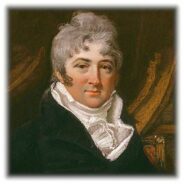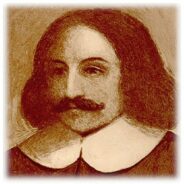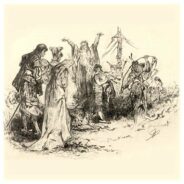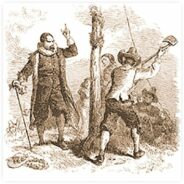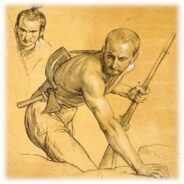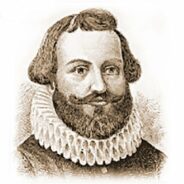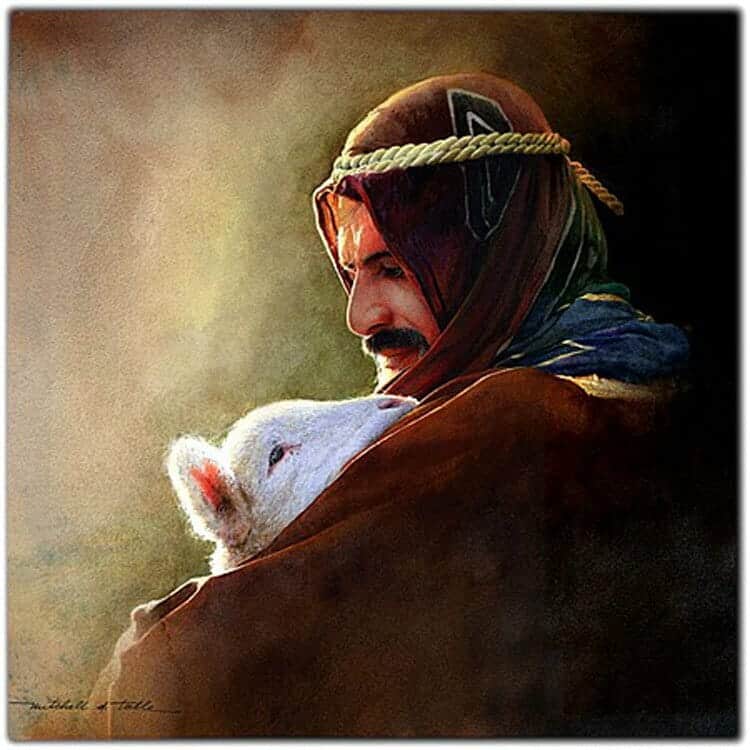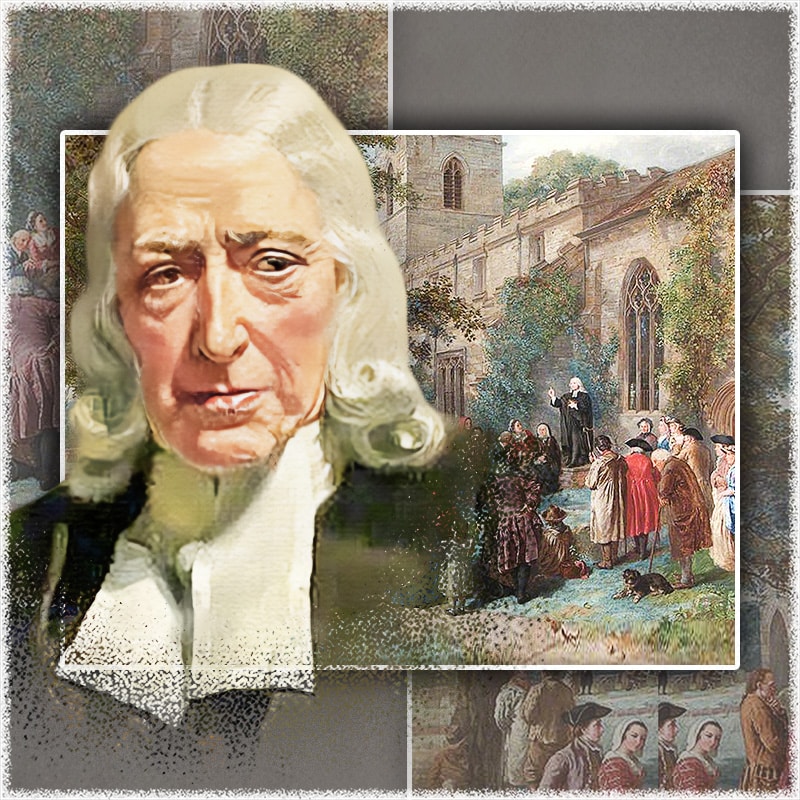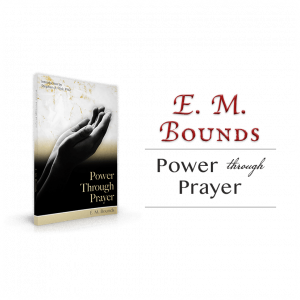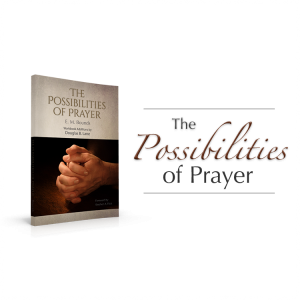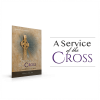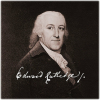Atheist Responsible for Shootings
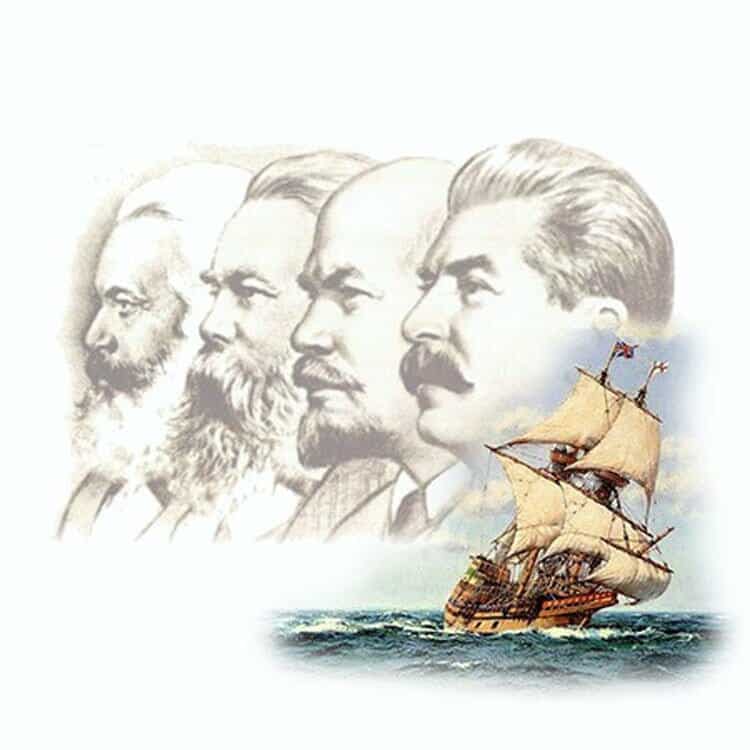
- 7
- 7shares
One's beliefs necessarily determine one's behavior. Benjamin Franklin clearly understood this fact when he told Thomas Paine that atheism and agnosticism leads only to social anarchy: "If men are so wicked with religion, what would they be if without it."[1] Paine, who consulted Franklin concerning political matters, had requested Franklin to review his Age of Reason before it was published. Franklin understood that left to determine his own morality, man only and always falls into personal and collective anarchy.
Examples of this fact may be drawn from early America as experienced by the Pilgrim Fathers. William Bradford was elected Governor of Plymouth Colony on five different occasions, extending from 1621 and 1657. He recorded the life and development of Plymouth in his journal, Of Plymouth Plantation, being written over a comparable period.[2]
Thomas Morton was born into a conservative High Church Anglican family in Devon, England around 1578. As a High Church Anglican, he shared many traits with Catholicism that would naturally bring him into conflict with the Plymouth evangelical Puritans.
Having studied law in the 1590s at London's Clifford's Inn, he was exposed to many influential contacts that became lasting friendships. The libertine culture to which he was exposed during his studies necessarily set him on a collision course with Puritans in New England. Eventually, he settled into the service of Sir Ferdinando Gorges (1565-1647), the governor of the English port of Plymouth, and colonial entrepreneur. Gorges who was an associate of Sir Walter Raleigh and had been part of Robert Devereux’s Essex Conspiracy, was known as the "Father of English Colonization in North America" and founder of the Province of Maine (1622), though Gorges never set foot in the New World.
Thomas Morton spent three months on an exploratory trip to America in 1622 but returned to England by 1623, complaining of the Puritans there. The following year (1624), Morton joined a Crown-sponsored trading venture to New England as a senior partner with Captain Richard Wollaston of the ship Unity and thirty indentured young men or "servants."[3] Captain Wollaston, Morton, "Mr. Rasdell" and the thirty young men (among others) settled on a small tract of land given to them by the Algonquian tribes and began trading for furs and provisions, but soon expanded into a farming community known, in honor of the captain, as Mount Wollaston (now Quincy, Massachusetts).
A break came in Wollaston and Morton's relationship when Morton realized that Wollaston, who had traveled to Virginia with many of the indentured young men, began selling the young men into slavery on Virginian tobacco plantations. Wollaston wrote to the third "chief partner" of the venture, "Mr. Rasdell," to request that the other young men be brought to Virginia. Before the young men could be sent to Virginia, Rasdell, who was the merchant of the venture, temporarily left Mount Wollaston and assigned an officer, Lieutenant Fitcher, as his deputy while Rasdell was away. Realizing Wollaston's intent to sell the remaining young men, Morton convinced the young men to rebel and drive Lieutenant Fitcher away, which they more than willing to do.
In 1628, Governor Bradford reflected upon the details of the Plymouth Colony's experience with the members of neighboring Mount Wollaston. As noted by Governor Bradford, these events occurred several years earlier. The "atheistic" beliefs and behavior of Morton, in particular, caused great suffering in and around the colony.
Some three or four years before this there came over one, Captain Wollaston, a man of fine qualities, with three or four others of some distinction, who brought with them a great many servants, with provisions and other necessaries to found a settlement. They pitched upon a place within Massachusetts, which they called, after their Captain, Mount Wollaston. Among them was one, Mr. Morton, who, it seems, had some small share with them in the enterprise, either on his own account or as an agent; but he was little respected amongst them and even slighted by the servants. Having remained there some time, and not finding things answer their expectations, Captain Wollaston took the majority of the servants to Virginia, where he hired out their services profitably to other employers. So he wrote up to Mr. Rasdell, one of the chief partners who was acting as their merchant, to bring another party of them to Virginia for the same purpose. With the consent of Rasdell he appointed one, Fitcher, as his deputy, to govern the remnant of the colony till one of them should return. But Morton, in the others’ absence, having more craft than honesty—he had been a kind of pettifogger of Furnival’s Inn—watched his opportunity when rations were scarce with them, got some drink and other junkets and made them a feast, and after they were merry began to tell them he would give them good counsel. “You see,” says he, “that many of your comrades have been taken to Virginia; and if you stay till this Rasdell returns you too will be carried off and sold as slaves with the rest. So I would advise you to oust this Lieutenant Fitcher; and I, having a share in this settlement, will take you as partners, and you will be free from service, and we will trade, plant, and live together as equals, and support and protect one another”—and so on. This advice was easily received; so they drove out Lieutenant Fitcher and would not allow him to come amongst them, forcing him to get food and other relief from his neighbors, till he could get passage to England.
They then fell to utter licentiousness, and led a dissolute and profane life. Morton became lord of misrule, and maintained, as it were, a school of Atheism.[4] As soon as they acquired some means by trading with the Indians, they spent it in drinking wine and strong drinks to great excess,—as some reported, £10 worth in a morning! They set up a Maypole, drinking and dancing about it for several days at a time, inviting the Indian women for their consorts, dancing and frisking together like so many fairies,—or furies rather,—to say nothing of worse practices. It was as if they had revived the celebrated feasts of the Roman goddess Flora, or the beastly practices of the mad Bacchanalians. Morton, to show his poetry, composed sundry verses and rhymes, some tending to lasciviousness and others to the detraction and scandal of some persons, affixing them to his idle, or idol, Maypole. They changed the name of the place, and instead of calling it Mount Wollaston, they called it Merry Mount, as if this jollity would last forever. But it did not continue long, for, shortly after, Morton was sent back to England, as will appear.
In the meantime that worthy gentleman, Mr. John Endicott, arrived from England, bringing over a patent under the broad seal, for the government of Massachusetts. Visiting this neighborhood, he had the Maypole cut down, and reprimanded them for their profaneness, admonishing them to improve their way of living. In consequence, others changed the name of their place again, and called it Mount Dagon![5]
In order to maintain this riotous prodigality and excess, Morton, hearing what profit the French and the fishermen had made by trading guns, powder, and shot to the Indians, began to practice it hereabouts, teaching them how to use them.[6] Having instructed them, he employed some of them to hunt and fowl for him, until they became far more able than the English, owing to their swiftness on foot and nimbleness of body, being quick-sighted, and knowing the haunts of all sorts of game. With the result that, when they saw what execution a gun would do and the advantage of it, they were mad for them and would pay any price for them, thinking their bows and arrows but baubles in comparison. And here I must bewail the mischief that this wicked man began in this district, and which, continued by men that should know better, has now become prevalent, notwithstanding the laws to the contrary. The result is that the Indians are stocked with all kinds of arms,——fowling pieces, muskets, pistols, etc. They even have molds to make shots of all sorts,——musket bullets, pistol bullets, swan and geese shot and smaller sorts. It is well known that they often have powder and shot when the English lack it and cannot get it, it having been bought up and sold to those who trade it to the Indians at a shilling per pound—for they will buy it at any price. This goes on while their neighbors are being killed by the Indians every day, or are only living at their mercy. They have even been told how gun—powder is made, and all the materials that are in it, and that they are to be had in their own land; and I am confident that if they could only get saltpeter they would make gunpowder itself.
Oh, the horror of this villainy! How many Dutch and English have lately been killed by Indians, thus furnished; and no remedy is provided,—nay, the evil has increased. The blood of their brothers has been sold for profit; and in what danger all these colonies are is too well known. Oh! that princes and parliaments would take some timely steps to prevent this mischief and to suppress it, by exemplary punishment of some of those gain-thirsty murderers,—for they deserve no better title,—before their colonies in these parts are wiped out by the barbarous savages, armed with their own weapons by these traitors to their country. But I have forgotten myself, and have been too long on this digression; now to return.
Morton having taught them the use of guns, sold them all he could spare, and he and his associates determined to send for large supplies from England, having already sent for over a score by some of the ships. This being known, several members of the scattered settlements hereabouts agreed to solicit the settlers at New Plymouth, who then outnumbered them all, to join with them to prevent the further growth of this mischief, and to suppress Morton and his associates. Those who joined in this action, and afterwards contributed to the expense of sending him to England, were from Piscataqua, Naumkeag, Winnisimmett, Weesagascusett, Nantasket, and other places where the English had settled. The New Plymouth colonists thus addressed by their messengers and letters, and weighing their reasons and the common danger, were willing to help, though they themselves had least cause for fear.
So, to be short, they first decided to write to Morton jointly, in a friendly and neighborly way, requesting him to desist, and sent a messenger with the letter to bring his answer. But he was so overbearing that he scorned all advice; he asked what it had to do with them; he would trade guns to the Indians in spite of them all, with many other scurrilous remarks, full of disdain. So they sent to him again and bade him be better advised and more temperate in his terms; that the country would not bear the injury he was doing; it was against their common safety and against the king’s proclamation. He answered as haughtily as before, that the king’s proclamation was no law, and asking what was the penalty! They replied: more than he could bear,—his majesty’s displeasure. But he persisted, and insolently said that the king was dead, and his displeasure with him ; that if they came to molest him, let them look to themselves; he would be prepared for them.
So they saw there was no way but to take him by force. They resolved to proceed, and unanimously requested the Governor of New Plymouth to send Captain Standish [Myles Standish] and sufficient men to seize Morton. This was accordingly done; but he defended himself stiffly, closed his doors, armed his associates, and had dishes of powder and bullets ready on the table; and if they had not been over armed with drink, more harm might have been done. They summoned him to yield, but they got nothing but scoffs from him. At length fearing they would wreck the house, some of his crew came out,—intending not to yield, but to shoot; but they were so drunk that their guns were too heavy for them. He himself, with a carbine, overcharged and almost half filled with powder and shot, tried to shoot Captain Standish; but he stepped up to him and put aside his gun and took him. No harm was done on either side, except that one of his men was so drunk that he ran his nose upon the point of a sword that some one held in front of him on entering the house; but all he lost was a little of his hot blood. Morton they took to New Plymouth, where he was kept till a ship went from the Isle of Shoals to England. In this he was dispatched to the Council of New England, with letters giving information of his behavior, entrusted to a representative sent at their common expense to inform their honors more particularly, and to prosecute him. But Morton fooled this man after he had. left here, and though he went to England, nothing was done to him,—he was not so much as rebuked, so far as was heard,—and he returned the following year. Some of the worst of the party were dispersed, and some of the more decent were permitted to live in the house till he was heard from. But I have been too long about so unworthy a person and so bad a cause.[7]
Governor Bradford was knowledgeable of the ancient classical world, but he did not charge Thomas Morton with "paganism." Rather, he charged him with being a student of the "school of Atheism." Contemporary studies of the life of Thomas Morton appear to give little attention to the harm Morton caused the Plymouth Plantation. The murder of colonists by Indians Morton armed is completely overlooked and the illegal sale of arms to the Indians is minimized. Irreligion and wrong religion always conspire to produce harm to society, the family and the individual.
The immense harm that atheism and irreligion in general causes is greatly overlooked in contemporary society. The works appearing below expose the truth about irreligion and a secular society.
America deserves to know its true heritage.
Please contribute today!
Related Articles
[1] "Benjamin Franklin's letter to Thomas Paine," WallBuilders (http://www.wallbuilders.com/libissuesarticles.asp?id=58, October 24, 2013).
[2] Bradford's wrote Plymouth Plantation over a period extending from 1620 to 1657.
[3] Indentured servitude was a form of debt bondage. It was established in the early years of the American colonies (and elsewhere) and was used as a means for poor teenagers or young men from Britain and the German states to secure free passage to the colonies. The expense of their passage was worked off over a fixed number of years. Once the ships carrying the young men arrived in America, employers purchased indentured servants from ship captains. Both employers and indentured servants were obligated to fulfill their duties to the contractual relationship.
[4] Emphasis added to the original text.
[5] A Christian anathema for the immoral practices of Morton and his companions.
[6] This practice had been forbidden by the King. Contemporary scholars minimize this practice, but it is evident from Bradford's accounts that it was a very serious matter. See Plymouth Plantation, 193.
[7] William Bradford, Of Plymouth Plantation: Bradford's History of the Plymouth Settlement, 1608-1650; Original Manuscript Rendered into Modern English by Harold Paget, 1909 (San Antonio, TX: The Vision Forum, Inc. and Mantle Ministries, 2003), 193-199. Updated orthography.
- 7
- 7shares

